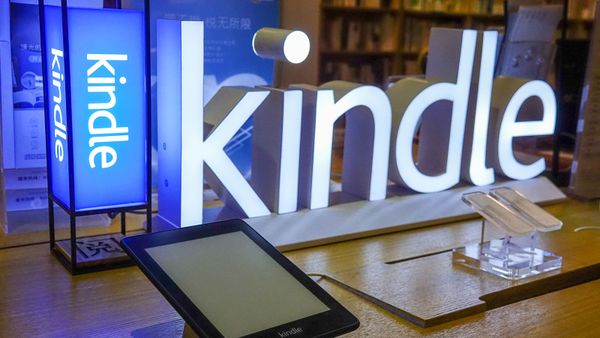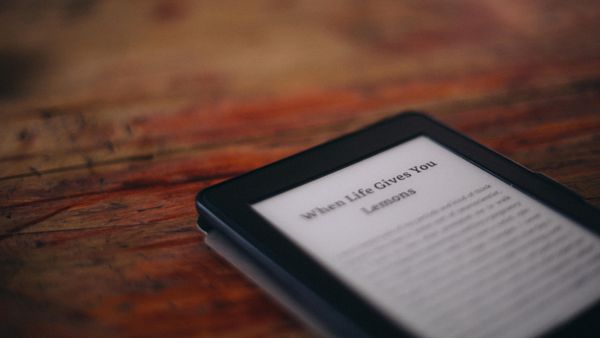"Shh. No talking!" If you haven't heard this admonition or seen it on a placard, chances are you haven't been to the library lately. In fact, you may never have to visit the stacks at your friendly neighborhood book hangout again. New technologies are making long-distance library love a reality through ebooks. An estimated two-thirds of libraries across the U.S. offered ebooks in 2011, and that's good news for lit lovers who embrace digital media [source: American Library Association].
As convenient as ebooks are for library patrons, they present libraries with important challenges. Ebooks are handled differently from printed books libraries own and can freely lend, trade or resell. Some major ebook titles are sold to libraries at much higher bulk-use prices, or with licenses limiting the number of times they can be placed on loan and restrictions on their resale or trade [source: Doctorow].
Advertisement
Publishers have been slow to embrace ebooks for library use. One reason is what we'll call cross-selling. Publishers and libraries have shared a good relationship over the years because library patrons make great book customers. When visiting, they peruse the shelves and discover new authors to explore. It isn't uncommon for publishers to provide libraries with free hardcover and softcover books for this reason. With ebooks, there's a belief that fewer visits to the library will translate to less cross-selling revenue over time, and this has created a disincentive to offer bargains on digital books that can be checked out and returned remotely [source: Vaccaro].
Since digital books never wear out and may be vulnerable to unauthorized duplication and circulation, publishers have also been cautious about making them too accessible. Advancements in digital rights management (DRM) technologies that limit the way digital media like ebooks can be used are helping to make it easier for publishers to embrace ebooks in general and may also impact the way libraries and publishers handle ebook distribution in the future [source: Rosenblatt].
The ebook industry presents libraries with another obstacle, too. Ebooks are formatted to work with specific hardware and software programs. Because these different technologies are proprietary and sometimes incompatible, libraries are forced to provide some ebooks in multiple formats or limit their availability to one type of e-reader/software or another.
To manage the challenges of ebook lending, many libraries have turned to outside services for help. In this type of arrangement, the library leases books from a third party instead of going directly to the publisher, and this third party handles some of the administrative tasks as well as other ebook-related functions such as website management. Two well-known services used by library systems across the country are OverDrive and 3M, but there are others, including companies that specialize in educational ebooks and services that offer their catalogs free of charge [source: American Library Association].
The next time you're looking for a good read, you don't need to learn the Dewey decimal system. In most cases, all you need is a library card number, password and Internet access. Happy reading.
Advertisement



